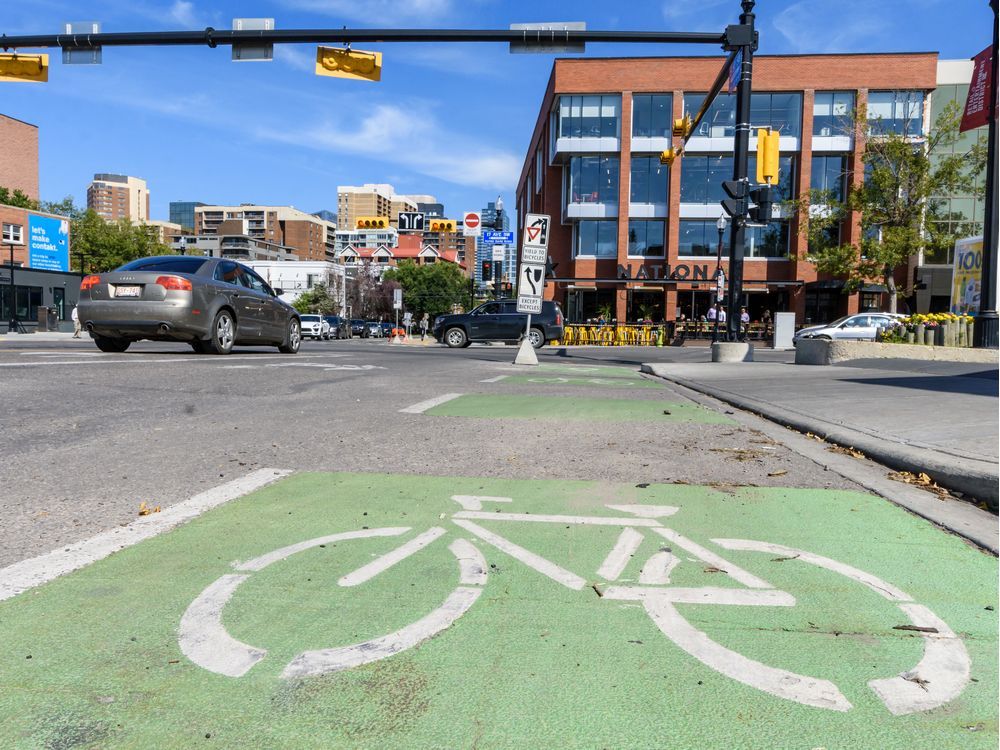I also thought they would be fad, but no longer. I do think the current model is a bit of a fad - operate an an enormous loss, subsidizing each ride through venture capital dollars - but that isn't the same as saying scooters will go away. The companies will consolidate and the business model will eventually stabilize, all the while private ownership of electric mobility devices will continue to increase (e-bikes as well) and overall tech and affordability improves. Scooters (and related e-mobility devices) provide such an leap in capabilities of those not inclined to "exercise" while travelling (loaded term of course, because it's a perception: you don't need to break a sweat to travel on foot or bicycle). They are a great solution of the "last mile problem" that forces multi-modal people to have a long walk, wait for a circuitous bus or hop in an expensive urber/taxi.
I am a super fan of cycling and walking urbanism in all environments, but the reality is that most people make transportation choices on the perception of getting around easier. We will continue to see changes as a result of better planning (putting stuff close enough together you can easily go there), better infrastructure (bicycle lanes, pathways, sidewalks), and through better technology (bicycles, scooters, transit apps). Scooters are a great solution for the third part for many people/situations.





